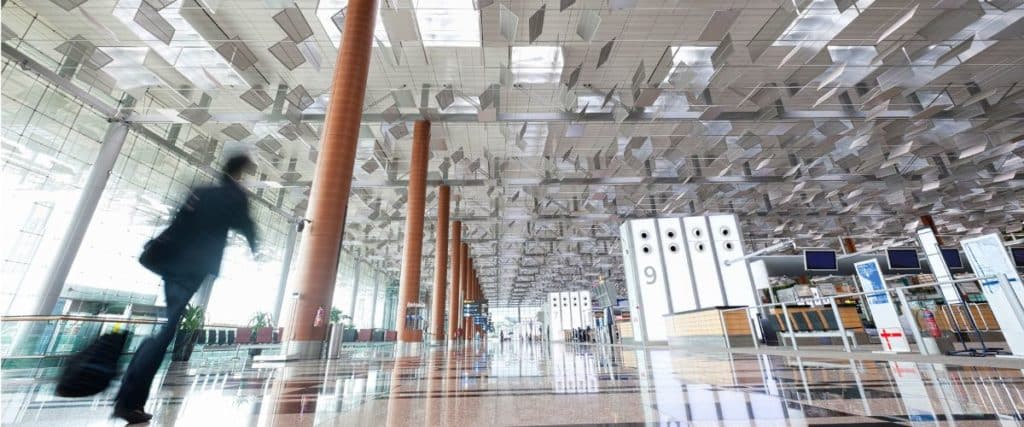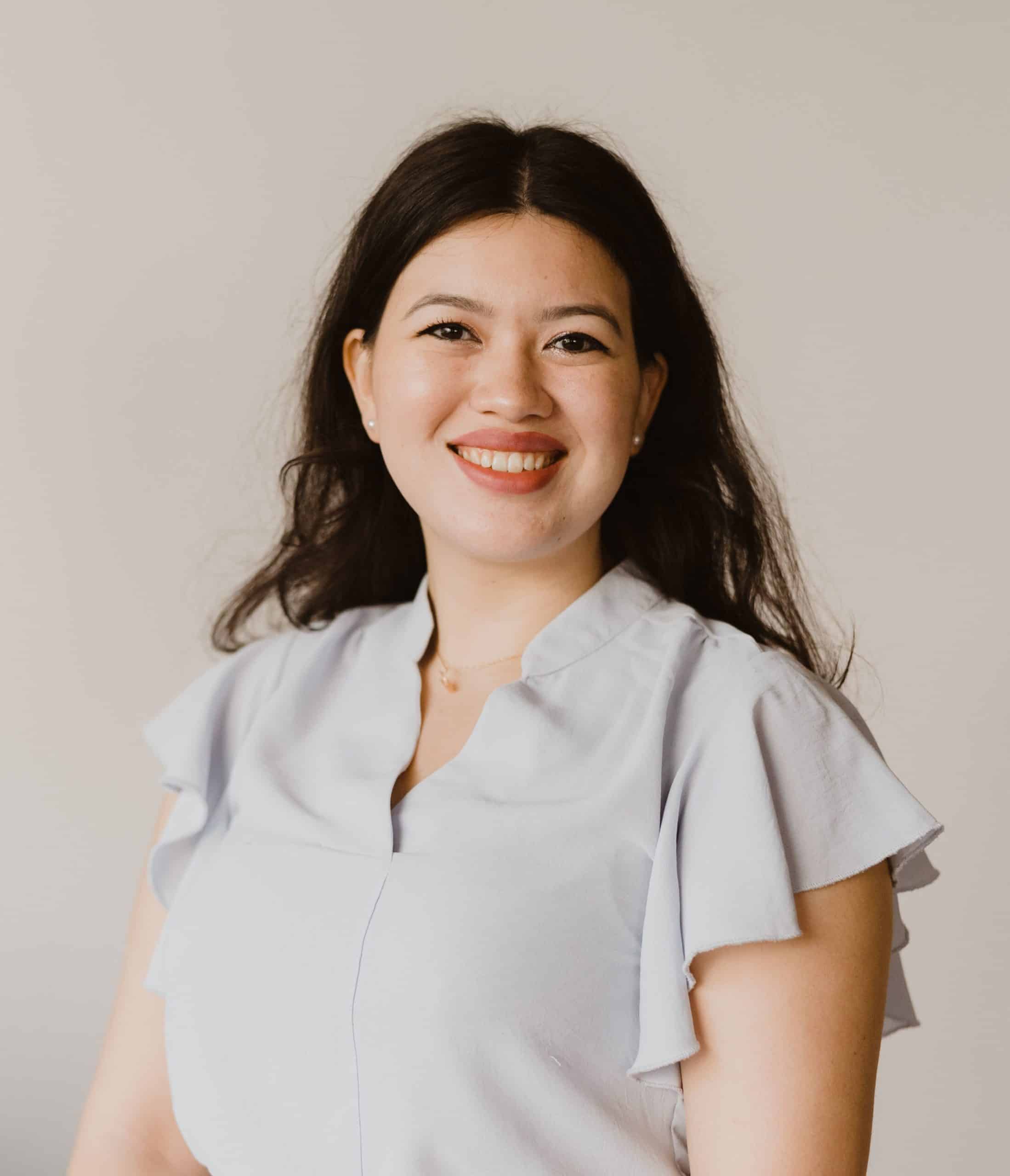Singapore and Thailand welcome foreign talent, introducing new flexible five year and ten year work visa schemes for high income expats.
Working to fill their talent gap and source foreign workers seeking to relocate from harsh regional Covid-19 restrictions, Singapore is introducing a new flexible five year work visa for expats who earn at least SG$30,000 (US$21,500) monthly. Foreigners in this income bracket currently make up 5% of the region’s expat workforce.
Leading the way in Asia for loosening pandemic restrictions, Singapore has dropped quarantine requirements and most mask mandates, this new visa scheme only making the region more attractive.
“It really is targeting some of the pain points of many people who are currently in Hong Kong looking at relocating to Singapore, or even organisations which are looking to relocate talent into the region and would normally choose between Hong Kong and Singapore,”Lee Quane, the Hong Kong-based Regional Director of Asia for ECA International, shared.
Following in Singapore’s footsteps, Thailand has released a 10 year visa programme for high-net worth individuals and retirees. Prime Minister Prayuth Chan-ocha’s government aims to attract one million wealthy or skilled expats over the next five years in an effort to reignite the country’s economy and tourism industry, which makes up 12% of its GDP.
“The pandemic has disrupted workplace policies and introduced flexibility in terms of location as well as job scope, with few countries looking to capitalise on this shift by offering long-term residencies with attractive sops,” added Radhika Rao, an Economist at DBS Bank in Singapore.
While Singapore targets bankers, finance professionals, partners at law firms, and other high income workers, technology professionals who fall short of this salary expectation can qualify with a US10,500 monthly earning, as the region continues to fight its significant talent shortage. Individuals with “outstanding achievements in the arts and culture, sports, science and technology, and research and academia, can also qualify.”





